

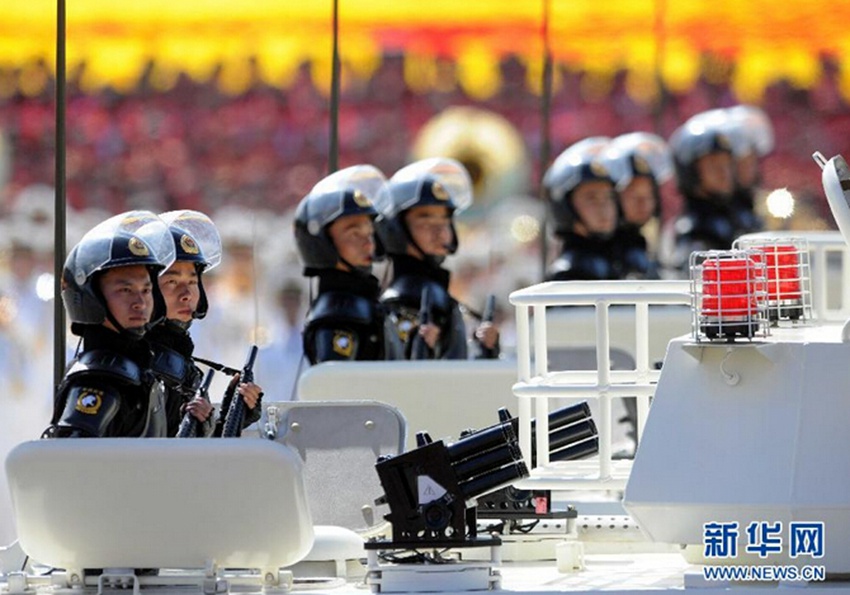
Military parades in 2009(Photo/Xinhua)
BEIJING, Aug. 4-- Beijing will limit cars on streets and industrial production to ensure blue skies as the city counts down for the Sept. 3 military parade commemorating World War II victory.
Cars will be allowed on alternating days based on odd or even license plate numbers from Aug. 20 to Sept. 3, said the municipal government on Monday.
Petrochemical, building materials, printing and furniture plants in the capital will suspend or cut production during this period. Dusty construction work will also be halted.
Neighboring provinces will also take steps to cut emissions following experience from ensuring good air quality during the 2008 Olympic Games and the Asia Pacific Economic Cooperation (APEC) meetings last year.
Similar measures were adopted during the two large events. Chinese netizens even coined a phrase "APEC Blue" to describe the clear blue sky.
Environmental and meteorological departments in Beijing and nearby regions will jointly carry out medium-to-long term air quality forecasts two or three times, providing data for considering preventive measures.
The moves also aim to guarantee the air quality for the IAAF World Championships, which will be held in Beijing's iconic Bird's Nest stadium from Aug. 22 to 30.
Beijing has closed 185 polluting factories and its neighbor Hebei Province has dismantled nearly 700 coal-burning boilers this year in line with their annual pollution control plans.
China has scheduled a series of events to mark the 70th anniversary of the victory of the Chinese People's War of Resistance Against Japanese Aggression, culminating in a military parade on Sept. 3 in Beijing.
The parade will feature domestic and foreign troops, and China's latest weaponry. Receptions and a gala will be held in Beijing to mark the occasion. Events will also be staged in other parts in China.
Sept. 3 this year was set as a national holiday by the Chinese government.
The official logo for the commemoration highlights a striking, dominant red number "70" in the center. Above the "70" five doves fly over and behind it the Great Wall spreads in the shape of letter "V."
The "V" symbolizes victory and the unity of Chinese nation, while the five pigeons demonstrate the memory of history and the aspiration for peace, representing people from the five continents united and moving together towards a better future after experiencing "blood and fire".
Workers have repaired or replaced 215 damaged stone slabs on the roads at Tian'anmen Square. New golden sidewalk guardrails have also been installed near the square. Other renovation work is under way along the Chang'an Avenue, which passes the north of the Tian'anmen Square.
The Tian'anmen Rostrum, a landmark structure near the square, will remain closed to tourists between Aug. 1 to Sept. 7.
PUBLIC SUPPORT
Aviation and road traffic control measures are common for military parades worldwide. Beijing residents have expressed their understanding and support for the temporary measures.
"I think limiting cars on streets does not affect me as I take public transport," said Li Yifei, 21, a worker at a Beijing Internet company. "The extra one-day holiday is a bonus."
The military parade has been a hot topic among Chinese web-users, who look forward to the event.
"I hope every day in the future will be like the parade day, with no smog, no bad smell from factories. It is so fine to have blue skies," wrote user 'Meng' on microblog Sina Weibo.
Others discussed whether Japanese Prime Minister Shinzo Abewill come to attend the parade.
China's previous parade was held on Oct. 1, 2009 to celebrate the 60th anniversary of the founding of the People's Republic of China.
The Sept. 3 parade will be the first time China has marked the anniversary of the victory in the Chinese People's War of Resistance Against Japanese Aggression and the victory of WWII.
China played a significant role in the victory of the world's anti-Fascist war.
Over the course of 14 years of war, China suffered more than 35 million military and non-military casualties, with military casualties reaching more than 3.8 million, accounting for a third of the total casualties of all the countries in the WWII.
"The great contributions made by the Chinese people to the world anti-Fascist war should be remembered," said Chinese President Xi Jinpingwhen he visited an exhibition, "Great Victory, Historic Contribution", on July 7 at the Museum of the War of Chinese People's Resistance against Japanese Aggression near Lugou Bridge, also known as Marco Polo Bridge, in the southwest of Beijing.
Zhong Fei, a 96-year-old veteran in Pingdingshan, Henan Province, has been invited to attend the parade. He had special clothes and shoes tailored for the grand occasion.
The elder, who joined the Communist Party of China-led army in the late 1930s, said the brigade he served killed or injured more than 10,000 Japanese soldiers or puppet troops.
"I feel so honored to attend the 70th anniversary parade at this age," said Zhong, calling for young people to cherish peace and contribute to building a stronger motherland to safeguard permanent peace.
Day|Week

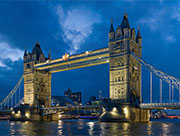 Top 10 international destinations for Chinese millionaires
Top 10 international destinations for Chinese millionaires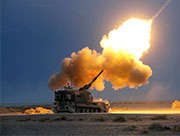 New-type self-propelled gun fires in drill
New-type self-propelled gun fires in drill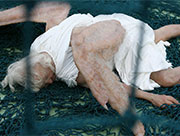 Chinese artists create 'fall of an angel'
Chinese artists create 'fall of an angel'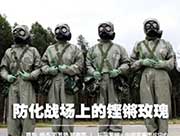 PLA's only woman CBRN emergence rescue team
PLA's only woman CBRN emergence rescue team Stunning! Gorgeous girls practice yoga on 2,000-meter-high cliff
Stunning! Gorgeous girls practice yoga on 2,000-meter-high cliff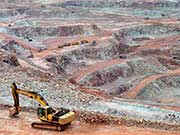 A glimpse of China's Zijinshan gold & copper mine
A glimpse of China's Zijinshan gold & copper mine Hot figure show in SW China
Hot figure show in SW China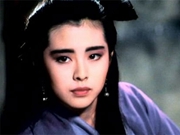 Evolution of Chinese beauties in a century
Evolution of Chinese beauties in a century